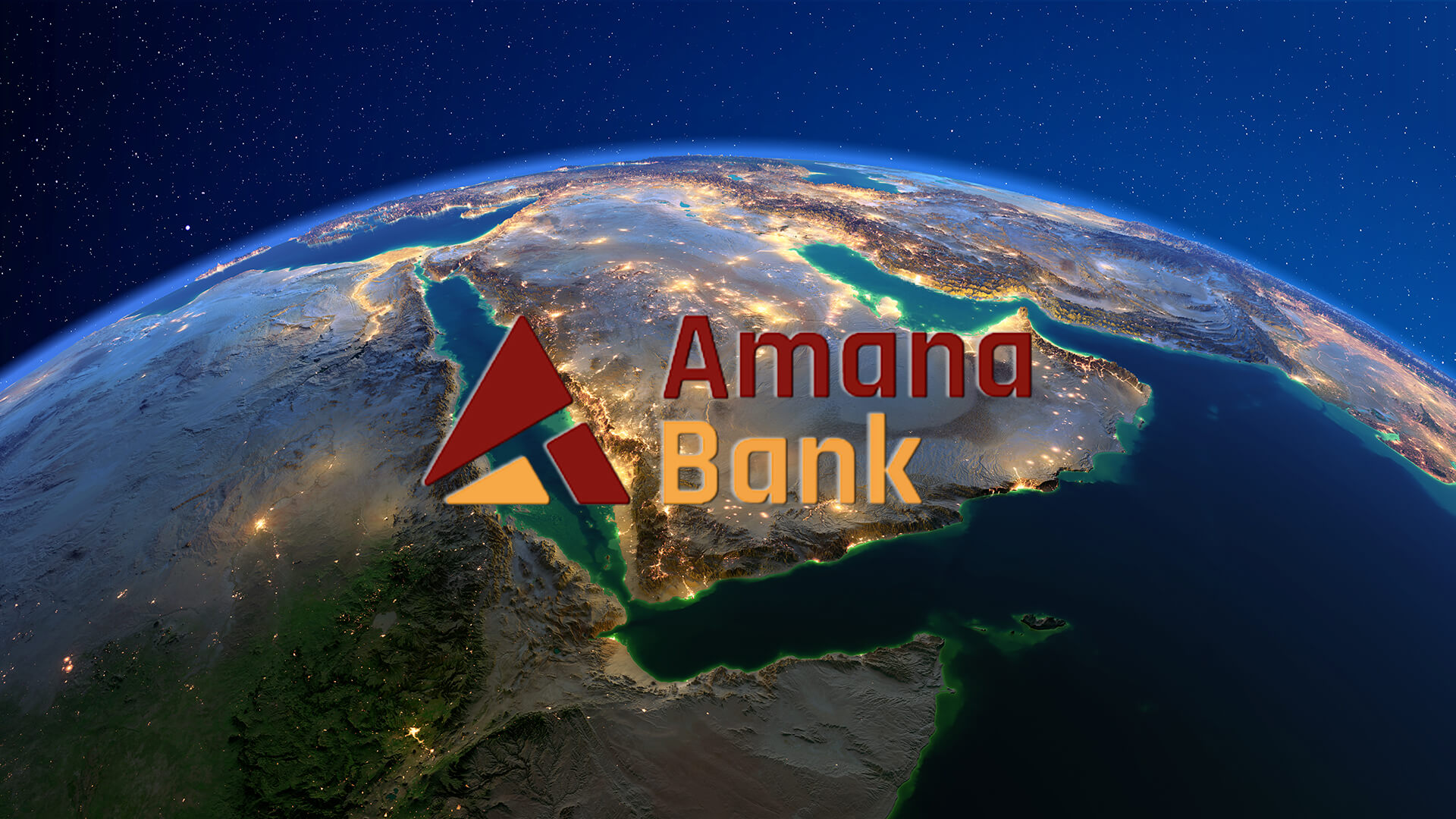A new survey from Checkout.com a leading global payment solution provider suggests there will be an even greater surge in online shopping during the upcoming Ramadan period.
Going into the Holy month, consumers in the UAE and Saudi Arabia have noted a strong inclination towards online shopping. 95 per cent of those surveyed in these two countries say that they shop online, with 29 per cent doing so weekly or even daily. That is largely consistent with an earlier Checkout.com report from September 2020 indicating that consumers’ embrace of online shopping is more of a long-term behavior change rather than a temporary shift resulting from the COVID-19 pandemic. In countries like Saudi Arabia, the frequency of online shopping overall seems to be increasing, with the percentage of consumers making online purchases either daily or weekly increasing from 20 per cent in September 2020 to 26 per cent today.
Looking to the month ahead, approximately three-quarters of those surveyed (76 per cent) plan to purchase products and services online more frequently this Ramadan, or at least the same amount as last year. Meanwhile, a quarter (26 per cent) say that they will be shopping in-person less frequently for products and services. Merchants can expect certain demographic groups to drive more frequent online Ramadan purchases, particularly the most affluent consumers and those aged between 18-34 years of age.
Not only do people anticipate making more online purchases, but they also plan to purchase a wide variety of products and services more frequently this Ramadan compared to last year. The most popular category of products is expected to be groceries, with 60 per cent of respondents planning to purchase these online more frequently this Ramadan. That is followed by food delivery (50 per cent), clothing (44 per cent), and household products (39 per cent).
For such purchases, the most common form of payment for the majority of consumers (67 per cent) is card payments and digital wallets, breaking the mold of what has historically been a region dominated by cash payments. This is a behavior change that has been accelerated by the global health pandemic as consumers shun cash in favor of contactless and online purchases. In fact, one in three (37 per cent) say that they anticipate using cash-on-delivery less this Ramadan compared to last year. The survey further suggests that consumer preference for digital payments is higher during Ramadan than at other times of the year (59 per cent), comparing similar data from six months ago.
Mohammed Ali Yusuf, MENAP Regional Manager at Checkout.com, said: “Many traditionally cash-centric countries in the Middle East are now converting to higher rates of digital payments. The pandemic has spurred a payments revolution of sorts, and it is not one that is going away. With more consumers now appreciating the convenience of online purchasing and payments, there is a clear opportunity for forward-thinking businesses to do what they do better by unlocking more value in every transaction. This is particularly important during a period like Ramadan when competition amongst merchants is high, and businesses need to provide the online shopping experience that consumers are looking for.”
According to Checkout.com’s Connected Payments in MENAP report released in November 2020, nearly half of consumers in the Middle East, North Africa, and Pakistan (MENAP) region are likely to increase their online shopping this year compared to 2020. At the time, Checkout.com confirmed that between March and September 2020, it saw an 86 per cent growth in its own online payment volumes year on year within the region, and had processed approximately 400 million e-commerce transactions in the region between 2019 and 2020 alone.












